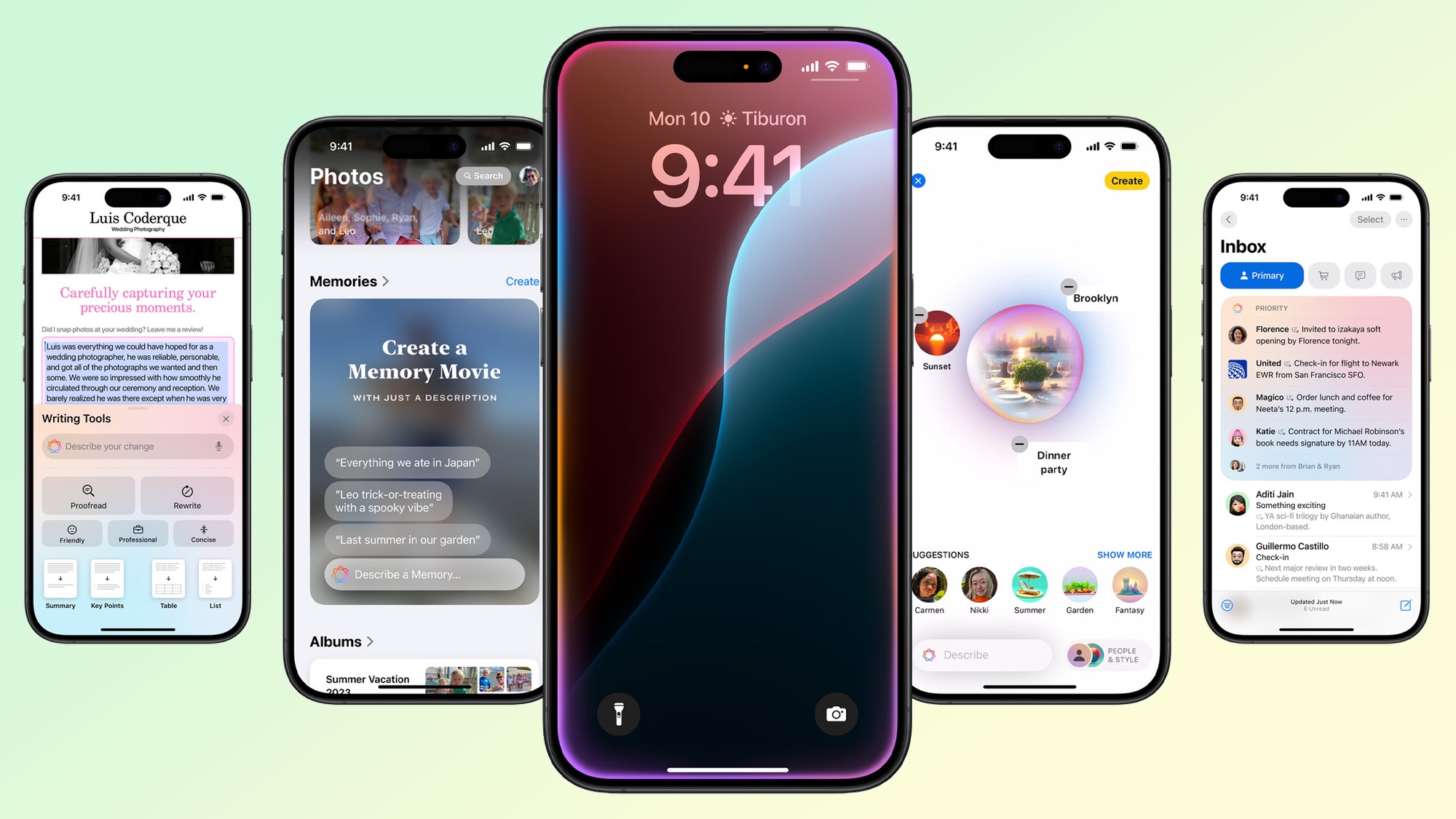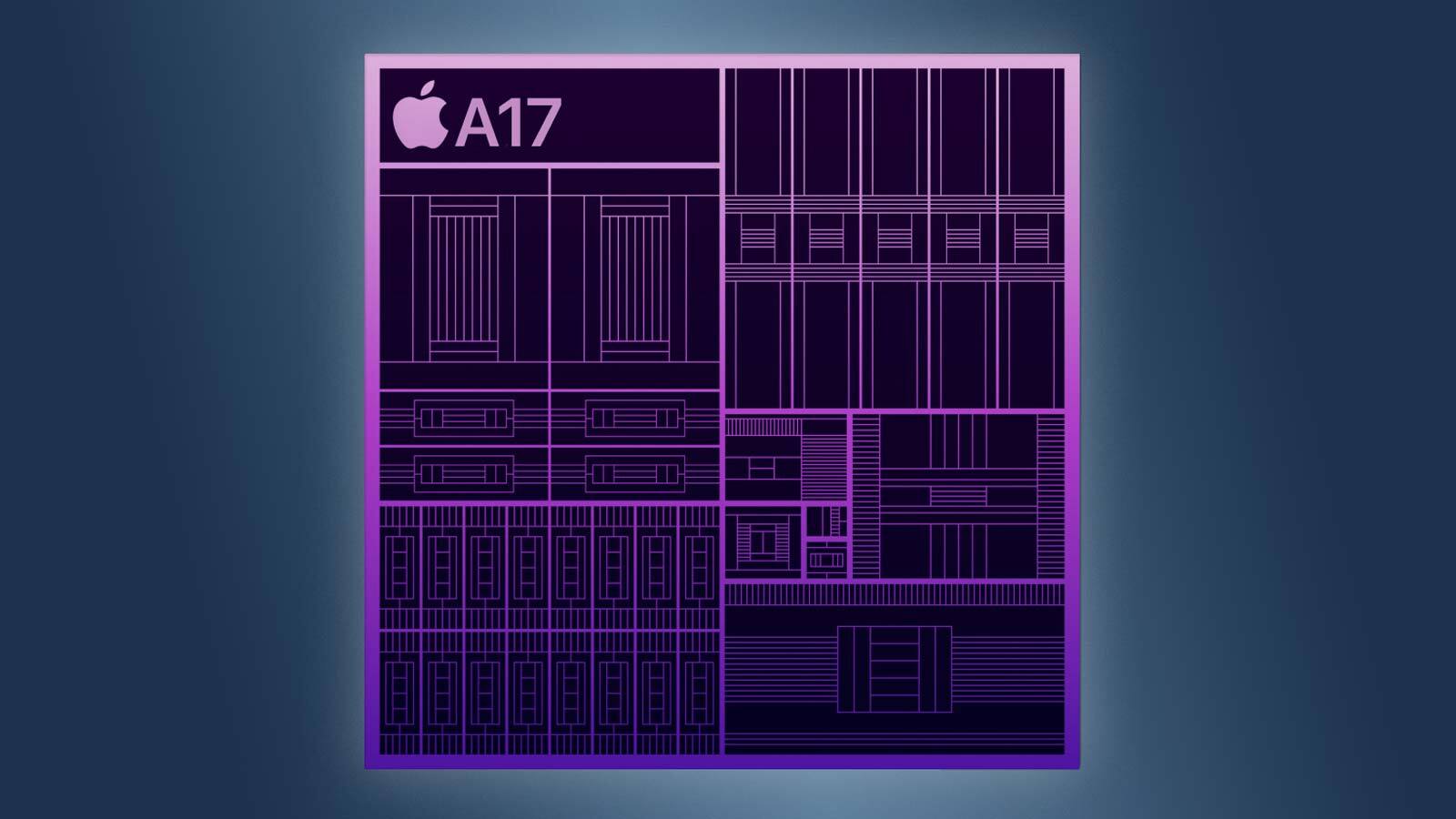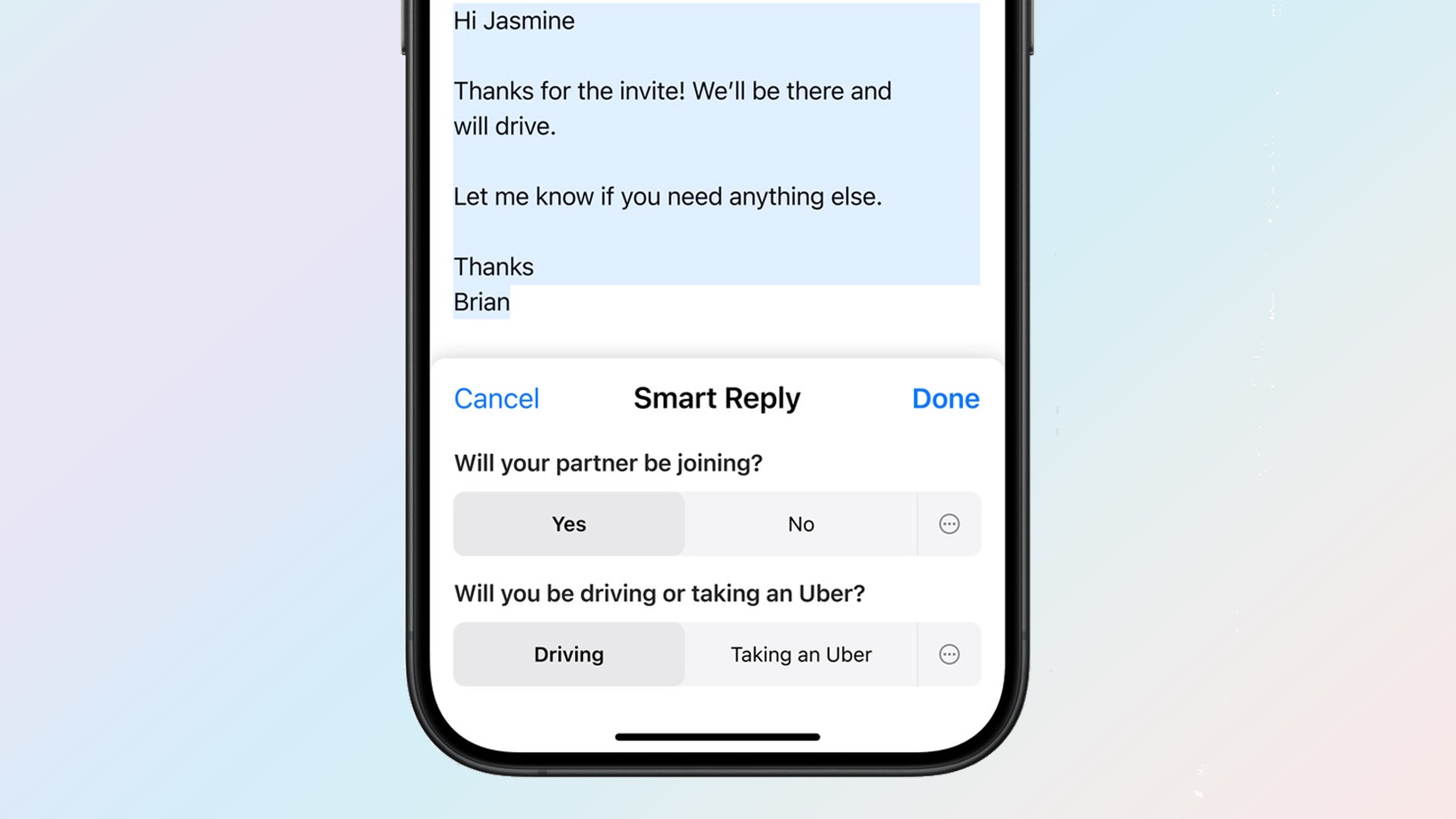
Apple doesn't make too many mistakes when it comes to smartphones. But when it does misfire, it's a doozy.
I've argued for a while now that Apple took a wrong turn when it decided to use different types of chipsets in the phones it releases — the iPhone Pro models get the shiny new silicon, while the standard iPhone turns to chipsets that are a year older. The drawbacks to this strategy have come up a lot in the last two years, and it's only being punctuated now with the announcement that new Apple Intelligence features only work on the iPhone 15 Pro and iPhone 15 Pro Max among current models.
Once again, Apple relying on different generations of chipset within the same generation of iPhone is the gift that keeps on not giving.
How we got here

As you recall, Apple used to take an egalitarian approach toward system-on-chips — all the phones released together would run on the same silicon. Heck, when the iPhone SE (2022) came out, it featured the same A15 Bionic chip found in the iPhone 13 models that came out in the fall.
A half-year after the iPhone SE's release, though, Apple was singing a different tune. That fall, the iPhone 14 models were using an A15 Bionic of their own, even if it was one with an extra GPU core. Meanwhile, the iPhone 14 Pro models reap the rewards of a faster A16 Bionic chip, which would then make its way into the iPhone 15 last fall. The iPhone 15 Pro and iPhone 15 Pro Max upgraded to the A17 Pro, the only iPhone system-on-chip that can support those aforementioned Apple Intelligence features.
I've made this point before, but using last year's chipset in this year's flagship phone presents a device maker with a serious marketing problem. As good as your new phone may be, you've immediately branded it as a hand-me down, as the second choice you're reduced to buying if you can't swing the price of the Pro model and its better chipset. Sure, Apple has been able to better distinguish its Pro models the last two years, but at the expense of making the regular iPhone feel like a best-ignored warmup act to the iPhone Pro headliner.
Another issue emerged as we started benchmarking the iPhone 14 and iPhone 15 the last couple years. The performance of top Android phones, powered by newer Qualcomm silicon, began matching and eventually topping those iPhones in some tests.
Let's stick with a Galaxy S24 vs. iPhone 15 comparison, since that covers the two most recent flagships from both companies. The Galaxy S24, powered by the same Snapdragon 8 Gen 3 chipset found throughout Samsung's lineup, beats the iPhone 15 and its A16 Bionic chip in the Geekbench multicore test and 3DMark's Wild Life Unlimited test for graphics performance. All the iPhone 15 has going for it are faster times when transcoding video and better single-core numbers on Geekbench.
Apple Intelligence to the rescue?

And now comes Apple's revelation that the iPhone 15 you paid $799 for last fall can't support some software features coming out just a few months later. I'm not an iPhone 15 owner, but if I were, I'd be feeling a little bit hard done by in regards to Apple Intelligence. I'd certainly be less enthused about the Apple Intelligence features arriving later this year since they're skipping my phone entirely.
Someone with a more nuanced view at this might point out that the limitation on which iPhones can run Apple Intelligence isn't always going to be this rigid. The fall should bring new iPhone 16 models, and the fact that all four phones are rumored to be getting some variation on the A18 Pro currently in development. That should mean Apple Intelligence support for the iPhone 16 and iPhone 16 Plus, not just the iPhone 16 Pro. So if you are planning an upgrade in the fall, you have reason to excited about Apple Intelligence and the looming preview after all.
Or so goes the theory. I talked to analysts about iPhone 16 upgrade prospects, and it sounds like it's anyone's guess what kind of impact Apple Intelligence will have on iPhone sales this fall. Tuong Nyguen, a director analyst at Gartner, is generally bullish on Apple Intelligence's prospects, but he told me he doesn't see that being a main driver of iPhone upgrades. "While the Apple Intelligence features announced were meaningful, the improvements introduced aren’t really why people buy new phones or change ecosystems," he said.
I've got even stronger evidence closer to home. My wife is just about ready for a new iPhone, and rather than wait for the fall, she's probably upgrading sooner rather than later. It doesn't matter to her what AI-powered features may be coming to her phone in the fall as much as finding the best iPhone deal now matters.
Maybe people are still struggling to get as enthused about artificial intelligence as tech companies seem to be. But I suspect there would be a little bit more interest in Apple Intelligence if the iPhone 15 and iPhone 15 Plus were also in line to be among the first wave of phones to get these AI features with this fall's iOS 18 update.
If, as expected, this fall's iPhone 16 release features the same A18 chips across every model, it will be the final acknowledgement that this is what Apple should have been doing with its phones and chipsets the last two release cycles. But to me, the lack of wider support for Apple Intelligence is what really drives the point home.







